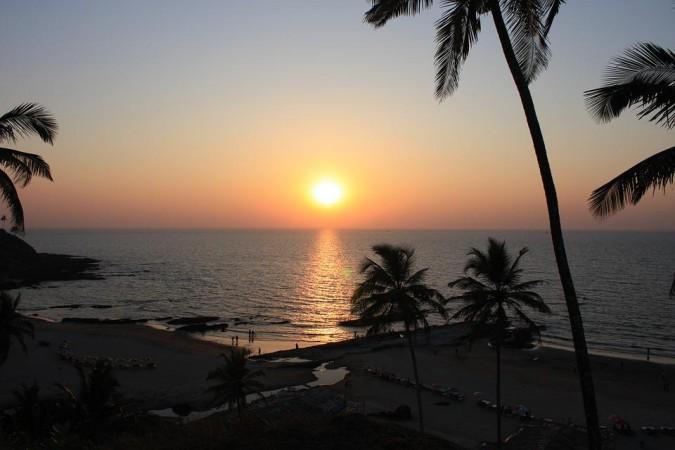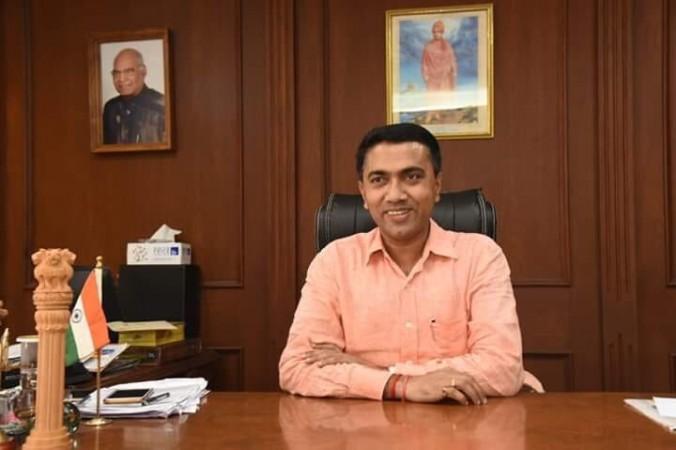It's a warning in disguise to all the party revelers who are planning to visit Goa on this New Year; The charming holiday place, especially famous for its tourist-friendly beaches and easy availability of soft drugs, is no more a virtual paradise for the hippies.
The Goa tourism department is finally moving towards putting in place a special police force, specially trained in tourism-related skills, on the beaches and other tourist spots in a bid to keep a watch on rowdy behaviour, stop those found drinking on beaches, keep vendors and beggars away, and ensure that there are no illegalities happening.

Keeping up with the need of the hour, this special police team is also required to check that those visiting beaches wear masks.
Police on the beach
Goa Tourism secretary J Ashok Kumar told The Times of India that the deployment will be done during the ongoing holiday season itself.
"We have had a meeting with the police department. Police personnel to be deployed on beaches will be trained in tourism-related skills," he said.
As per reports, Goa Chief Minister Pramod Sawant has also approved the proposal of police deployment on the beaches.

At present, IRB personnel are posted at beaches but are withdrawn at times for other duties. During the intervening period, beaches are left unmanned. It has been agreed that the special tourist police will be manning the beaches and other tourist places throughout the day but in different shifts.
"The ministry of home affairs has identified some destinations across the country where it has suggested the state consider deploying a dedicated police force. Colva is one such destination," Kumar said.
Number of officials to be deployed
Kumar said that the state police department has been currently asked to assess the number of personnel needed to be deployed at nearly 35 to 40 big and small beaches. But the tourism ministry is of the view that a minimum of 300 personnel will be required to be deployed at the respective locations.
In addition, some popular beaches may also require the special police team to be posted in three shifts, Kumar noted.

Though the tourism department "would like to have the force under it, it will be under the direct command of the parent department," he said further.
"They (police department) did not agree to it. However, we have made it clear that once police personnel are trained and brought under the tourist force, they should not be disturbed or transferred for a period of two to three years," Kumar added.














